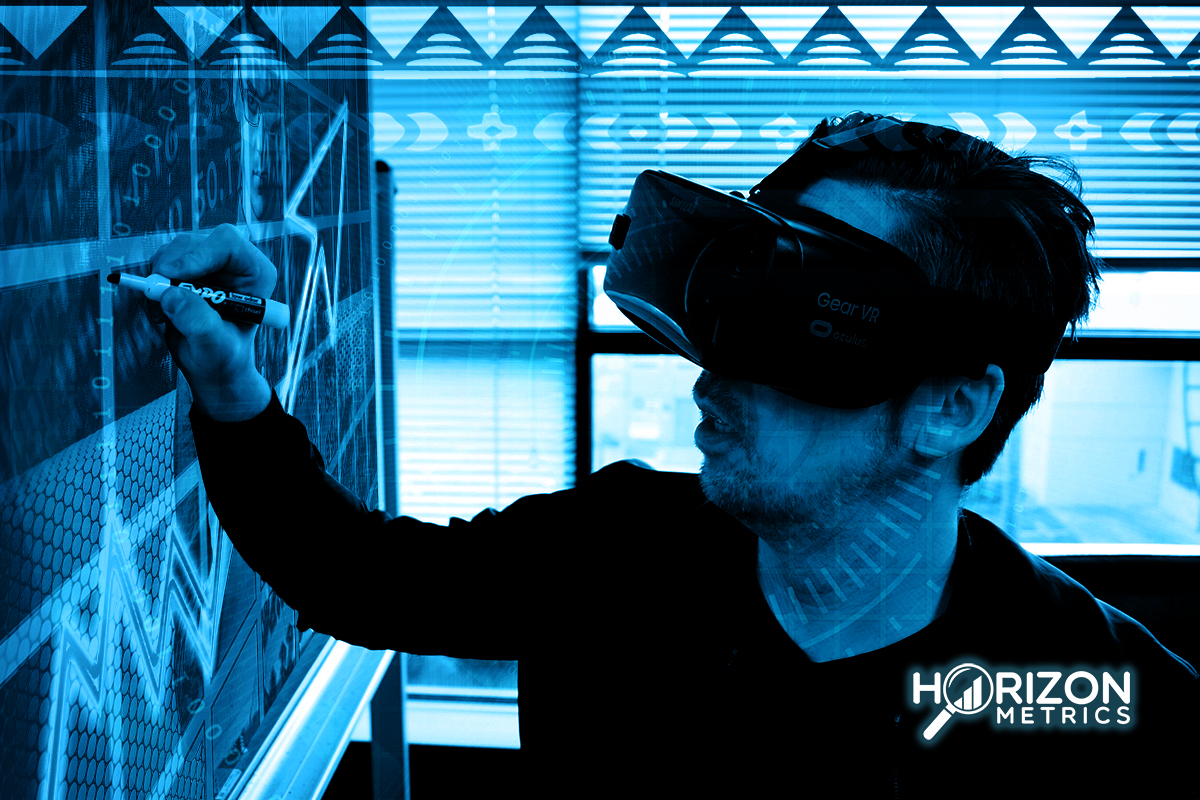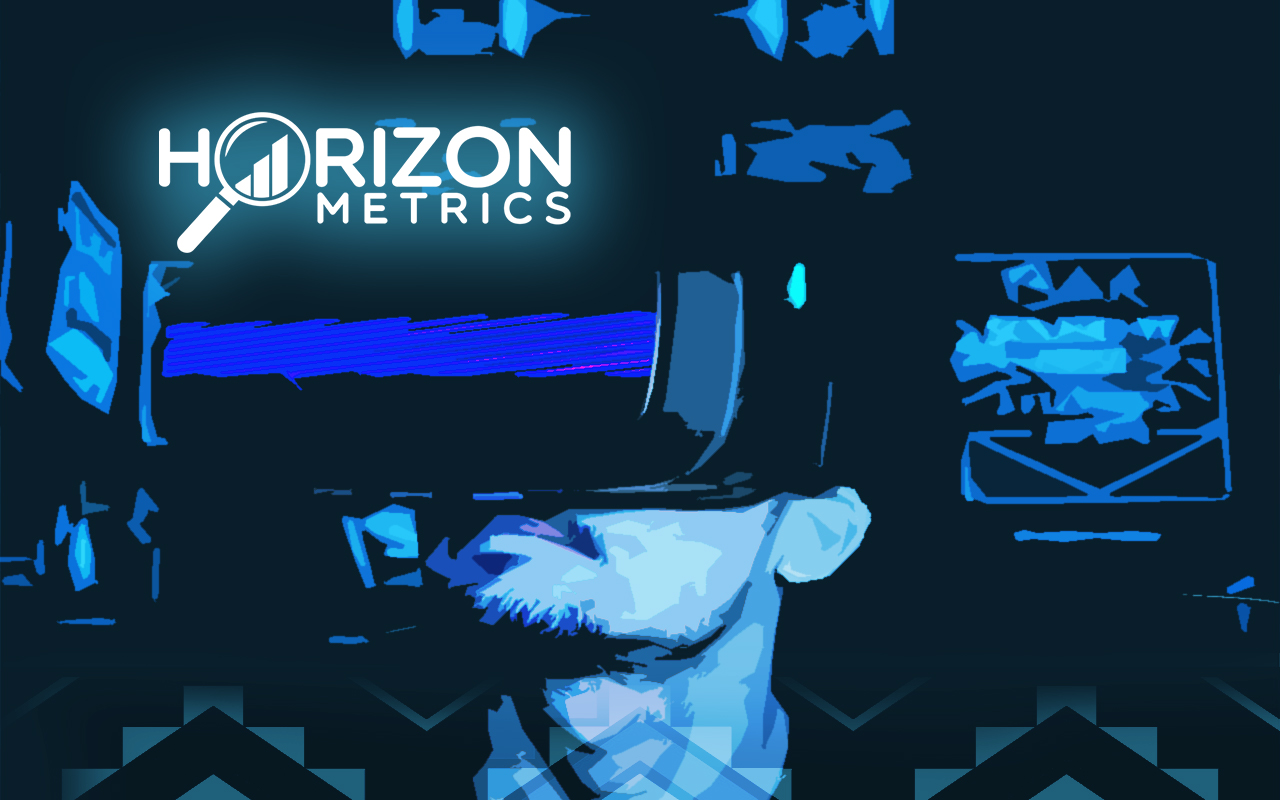
Virtual and augmented reality (VR and AR) are no longer just the stuff of science fiction. These technologies are becoming increasingly prevalent in our daily lives and are set to revolutionize the way we interact with the world. But what exactly are VR and AR, and how are they impacting our world?
Virtual reality (VR) is the complete immersion of a user in a computer-generated environment. It's typically achieved by wearing a headset that blocks out the physical world and replaces it with a digital one. Users can interact with the virtual environment using controllers or other input devices.
Augmented reality (AR) on the other hand, enhances the real world with virtual elements, instead of replacing it. It's typically achieved by using a device such as a smartphone or tablet, which overlays digital information onto the user's view of the real world.
Both VR and AR have a wide range of applications across various industries. In healthcare, for example, VR is being used to help treat conditions such as PTSD, while AR is being used to assist with surgery. In manufacturing and retail, AR is being used to enhance the shopping experience, by providing customers with more information about products and allowing them to visualize how they would look in their own homes.
In addition, VR and AR are also being used in education and training. By immersing users in a virtual environment, VR can provide a more engaging and effective way of learning, while AR can provide real-time information and guidance, making it easier to learn complex tasks.
However, the rise of VR and AR also brings its own set of challenges. One of the biggest challenges is ensuring that VR and AR technologies are accessible to all, particularly to people with disabilities. Additionally, with these technologies becoming more prevalent, there is a need for clear guidelines and regulations to ensure that users' privacy and safety are protected.
Finally, VR and AR are technologies that are set to revolutionize the way we interact with the world. With a wide range of applications across various industries, from healthcare to retail, these technologies are bringing new opportunities for businesses and society as a whole. However, to fully realize the potential of VR and AR, there needs to be a focus on accessibility and regulation.

